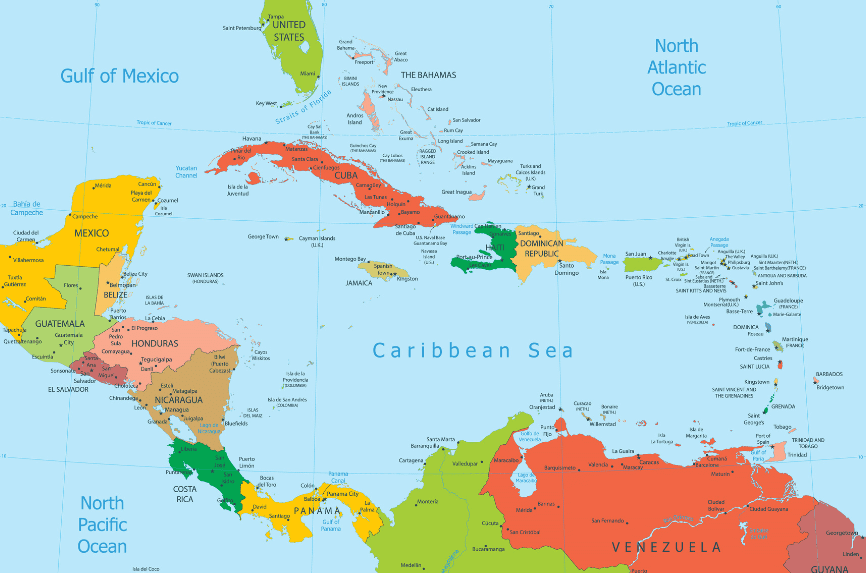Hastings Center News
Introducing Voices in Bioethics from the Caribbean
What does it take to assure that ecotourism is done ethically, taking into account its impact on local residents and local ecosystems?
Should doctors tell breast cancer patients all their treatment options, even if one of those options is inaccessible because of a lack of resources?
These are two of the ethical dilemmas explored in “Voices in Bioethics from the Caribbean Basin,” a new collection of eight essays produced by a joint program of The Hastings Center and the Caribbean Research Ethics Initiative (CREEi), funded by the Fogarty International Center of the National Institutes of Health. The aim of the program was to hone the critical thinking, writing, and professional development of bioethics scholars from the countries that border the Caribbean Sea–Suriname, Guyana, St. Vincent and the Grenadines, Grenada, and Mexico.
The essay writers are professors, doctors, and contributors to bioethics policymaking in their home countries. They wrote in their native language, either Spanish or English, and their essays were professionally translated.
“Our global bioethics community needs more opportunities for reciprocal, meaningful engagement among scholars in lower- and middle-income countries and high-income countries, across language barriers,” write the editors of the essays in the introduction. This collection “is one small attempt to bridge these divides.”
The editors are Carolyn Neuhaus of The Hastings Center; Bernardo Aguilera of the Universidad San Sebastian in Santiago, Chile; Gustavo Ortiz-Millán of Universidad Nacional Autónoma de México; Mercer Gary of Drexel University who is a Hastings Center presidential scholar; and Cheryl Macpherson of St. Georges University in Grenada, with additional contributions from Hastings Center President Emerita Mildred Solomon and Paul Cummins of Clarkson University.
In addition to writing about the characteristics of ethical ecotourism and the lack of resources for breast cancer patients, essays in the collection explore ethical questions posed by health austerity policies, use of medical data for research, and communication and vaccination in pediatric care, among other issues.
“The essays are not meant to be exhaustive research papers, but rather windows into the issues that our bioethics colleagues in the Caribbean basin grapple with and how they think about those issues,” write the editors.
The CREEi-Hastings Center Bioethics Scholar Program is currently working with nine new Caribbean scholars on a second collection of essays focused on bioethics, climate change, and health.

